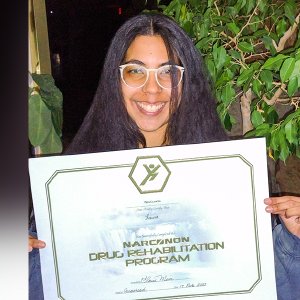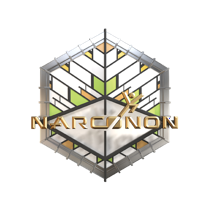Teens Have Few Options for Drug Addiction Treatment

Teenagers who fall prey to drug and alcohol problems have a particularly terrible affliction, terrorized by an addiction habit that could fully consume them before they even reach adulthood. Teens are more likely to take risks as a result of substance abuse. Teens get in more accidents more frequently as a result of substance abuse. Teens are also more likely to die from heavy drug abuse than older adults are. Last but not least, it is more difficult for teens to access proper treatment, as they are often considered too young and are labeled a liability to a treatment center.
Parents who have a drug or alcohol-addicted child often work themselves up into a mess over this, their hearts weeping and their brows furrowing as they attempt to figure out how to help their teen son or daughter. There is never a “good time” for a drug problem to strike, but one’s teen years are perhaps the worst time of them all.
A Problem, Yet a Lack of Solutions
According to the Centers for Disease Control and Prevention, within the last five years, drug overdoses have risen to be amongst the top three most common killers of teens ages fifteen to nineteen. We went from a United States that was seeing a significant drop in teen drug abuse in the early to mid-2000s to a United States with one of the worst teen substance abuse problems currently.
The problem is very much so there, but the needs of teen addicts are rarely met. The treatment gap in America is present for all demographics, but it is perhaps most terrible for teens. Most children and adolescent hospitals do not have addiction wards, and many professional rehabilitation programs do not have recovery options for young people.
Even when treatment centers do offer services for minors, they are often exorbitantly priced. Sometimes, health insurance will provide some coverage for a treatment center, but the insurance decides how much coverage to provide and for how long, not the addict, his or her doctor, or the treatment center. That is inherently very flawed.
Focusing on Solutions for Teens Addicted to Drugs and Alcohol
Substance abuse is a tricky problem to treat effectively. It requires a deft hand, a multifaceted approach, and several levels of care. There is a medical aspect to it. There is a psychological aspect to it. There is a spiritual aspect to it. There is a hands-on, day-by-day aspect to it. To fully overcome an addiction, an addict needs to work with several experts and professionals to tackle every facet of a drug problem.

For teens, this problem is further complicated by their age and by the risk they pose as minors. Thankfully, there are drug and alcohol rehab centers that specialize in helping young people, and there are other rehabs who open their doors to addicts of all ages. These are the rehabs to support, and these are the ones to consult with.
A drug rehab should not be a money-making machine, denying teens treatment due to age, lack of insurance coverage, or some other liability. Rehabilitation programs should be in the business of helping people, not in the business of being a business. When we are looking for solutions to teen drug addiction, we should support and promote rehabs that are committed to helping anyone who suffers from a drug or alcohol habit, no matter who they are, no matter their age. That is a group that is truly there to help others.
In short, rehab for teens is often more of a complex issue than it is for others. But it doesn't need to be. There are treatment centers that will heed one’s call. One just has to be willing to look for them.
Sources:
- https://www.drugabuse.gov/related-topics/treatment/what-to-do-if-your-teen-or-young-adult-has-problem-drugs
- https://teens.drugabuse.gov/
- https://www.cdc.gov/features/teen-substance-use/index.html
- https://health.usnews.com/health-news/best-childrens-hospitals/articles/2014/06/10/teens-with-addiction-have-few-recovery-programs


